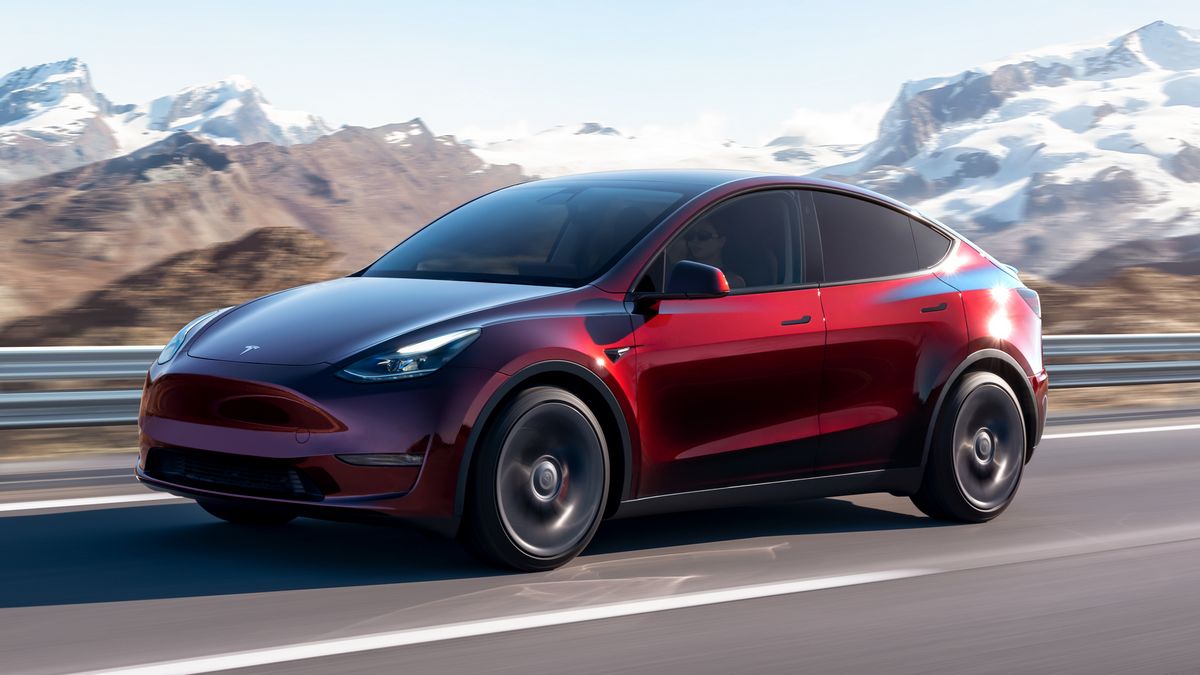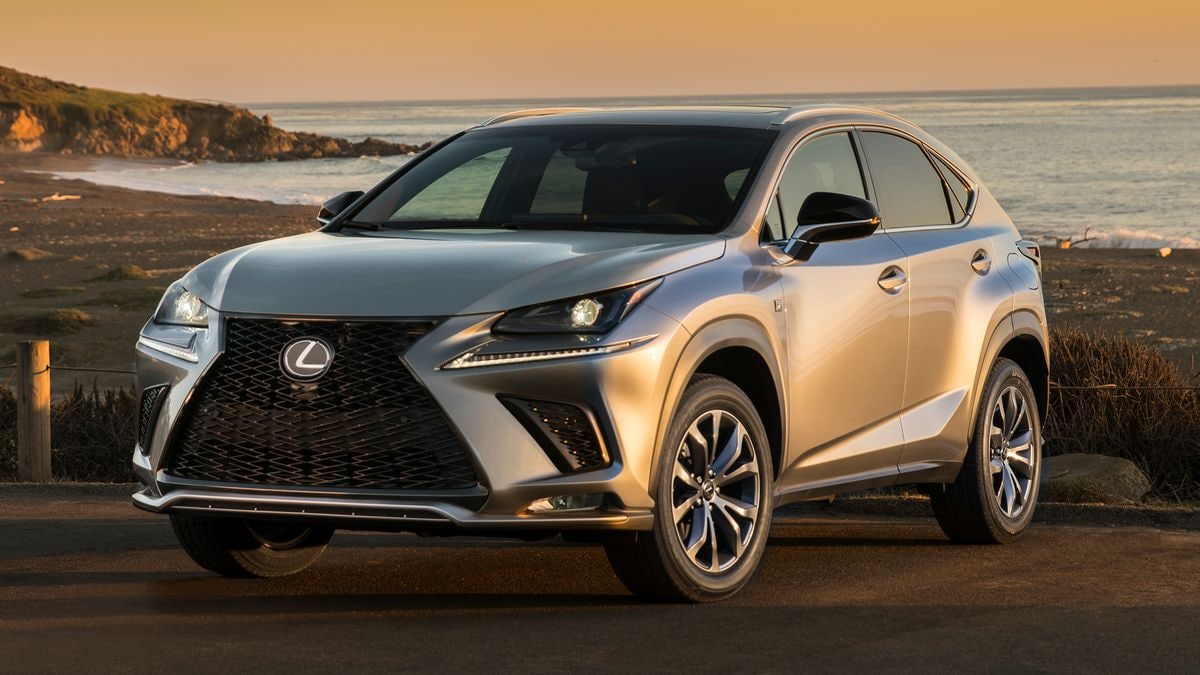Quick Facts About Buying Used vs. CPO
Just about everyone knows something about used cars. But not everyone is familiar with Certified Pre-Owned (CPO) vehicles. These cars, SUVs, and trucks often represent the best automobiles — and the best deals — in the used car market. But what sets them apart from other models on a dealer’s used lot? Keep reading to learn about a segment of used cars known as Certified Pre-Owned, and if buying used or CPO might be a better choice for you.
What Is Certified Pre-Owned?
In the auto industry, CPO stands for Certified Pre-Owned, meaning that the manufacturer backs a previously owned vehicle after it passes a comprehensive inspection. Criteria and standards for earning the CPO designation vary by manufacturer, but the cars usually are only a few years old and have less than 60,000 miles.
Dealer-certified is not the same as Certified Pre-Owned.
MORE: 10 Best Used SUV Deals
CPO and Used Car Similarities
Every Certified Pre-Owned vehicle is a used car, but not every used car is — or can be — a CPO.
- A CPO vehicle is in excellent mechanical and cosmetic condition, as are many “regular” used cars.
- Many CPO models have low miles, just like many used cars.
- Some CPO and used autos might have accident repairs in their history.
- Used cars and CPOs have absorbed the initial depreciation, making them cheaper than a new car.
What Is Depreciation?
Used and CPO cars can be good deals for buyers because of depreciation, which is the vehicle’s loss in value. A new-car buyer pays a huge penalty when they drive off the dealer’s lot because the vehicle is no longer new. Depending on the model and various contributing factors, a vehicle’s value can decrease by 15-25% in the first year. Many savvy used car buyers take advantage of the first buyer paying off that initial significant depreciation and save themselves lots of money by buying a new-ish used car or CPO car.
Used vs. CPO Peace of Mind
A certain level of trepidation is common with any used-car deal because of uncertainty about the vehicle’s past and, therefore, its future. A vehicle history report from providers such as AutoCheck or Carfax provides some insight but not the full story. Nobody knows what abuse the car suffered, what maintenance was ignored, or how its previous owner drove the car.
However, Certified Pre-Owned programs bring peace of mind to the used-car market. Just about all manufacturers offer CPO programs backed by the factory, but not all non-CPO used cars can offer the same.
How Certified Pre-Owned Programs Work
- Clean car. It begins with an exceptionally clean used car which must meet certain standards of age and mileage — too old or too many miles and it’s not considered.
- Standards for condition. The vehicle must meet certain standards for condition. If it shows major damage or has mechanical issues or other problems, it’s not considered.
- Reconditioning. All Certified Pre-Owned cars undergo reconditioning if needed. Reconditioning takes care of any necessary repairs to the paint and body, mechanical components, and interior. It may get a brake job, or perhaps the vehicle needs new tires.
- Comprehensive inspection. A Certified Pre-Owned car must pass a comprehensive inspection process, which typically covers 150 or more points. Let there be no doubt: A CPO is a cream puff.
MORE: What Does It Mean to Have a Vehicle Detailed?
Used Cars vs. Certified Pre-Owned Vehicle Warranties
And there’s more. Certified Pre-Owned vehicles come with warranties that typically go on top of — or extend — whatever is remaining. For example, there may be 12 months/12,000 miles of additional warranty that begins either at the end of the original new-car warranty or from the certified purchase date.
Some plans give warranty coverage of up to 72 months and 100,000 miles from the original in-service date. There may be an additional powertrain warranty. Most CPO plans include 24-hour roadside assistance and a vehicle history report.
Another benefit: CPO vehicles can often be financed and even leased through the dealership and the manufacturer’s finance arm.
Overall better cars that have received substantial service and reconditioning carry far superior warranties. These qualities can help a shopper feel confident about their vehicle purchase.
MORE: Car Safety Features 101: Everything You Need to Know
Used Car Advantages
Used cars vs. Certified Pre-Owned cars offer several advantages. Used car cost remains one of the biggest because it’s a non-CPO vehicle.
- If you want to keep your cash outlay as low as possible, then consider buying a standard used car for its lower cost. The used car market offers something in a price range for just about anybody.
Still, you must determine whether the car is in good shape or a potential lemon. If you lack mechanical expertise, we suggest you have a trusted, independent, and qualified mechanic perform an inspection before you purchase a vehicle, even if it’s a CPO.
Advantages of Buying CPO
Each automaker may offer different perks with CPO sales. However, buying a certified pre-owned vehicle often comes with several potential benefits.
- Includes basic maintenance like oil changes
- Extends the original factory warranty
- Provides a loaner vehicle when the car is in the dealer’s service center
- Offers roadside assistance when breakdowns happen
- Gives rental car reimbursement
Final Word
The disadvantages of buying a Certified Pre-Owned vehicle are few. A CPO car will typically cost more than comparable used models. Also, there are fewer of them on the market, which means that you may have to settle for a color or trim that isn’t your preference. You also might need to extend your search radius and buy from out of state and ship the car home. Still, you can buy a like-new automobile that is backed by the manufacturer at a discount compared to a new one.
Certified Pre-Owned vehicles, thanks to their reconditioning, extensive inspection, and extended warranty coverage, give buyers confidence and satisfaction. This leads to large numbers of owners returning to CPO purchases for this kind of vehicle.
Read Related Articles:
Editor’s Note: This article has been updated since its initial publication.






